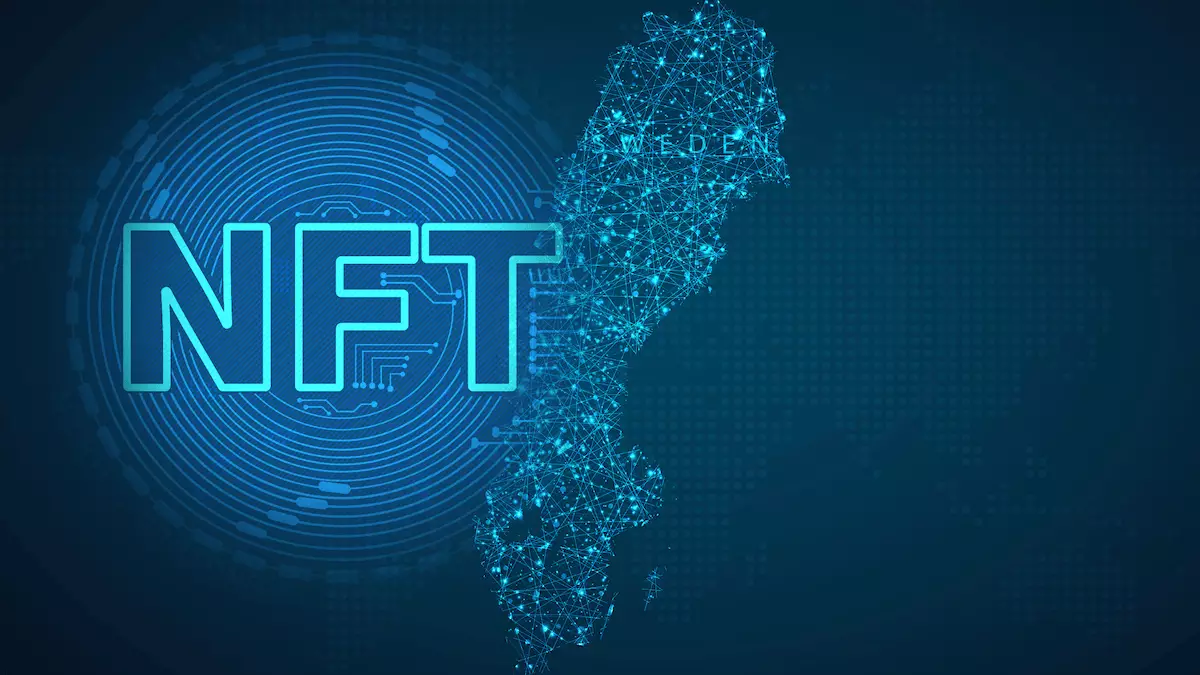Recently, the Swedish tax authority, Skatteverket, made a significant ruling regarding the Value-Added Tax (VAT) treatment of NFTs. This decision was prompted by the growing economic importance and interest in NFTs within the digital realm. According to the authority, NFTs associated with digital works are subject to the standard 25 percent tax rate. The ruling clarifies that an NFT linked to a digital work comprises ownership rights of the work and the NFT itself, which acts as a record of ownership on the blockchain. In some cases, the transfer or assignment of copyright may also be involved, but only if explicitly outlined in the transaction.
The Swedish tax authority’s ruling categorizes NFT transactions as singular for taxation purposes, considering the digital work and its NFT registration as a unified entity without separate value. This unified provision results in the creation of a new digital service for VAT assessment. The decision underscores that separating these elements would be arbitrary and emphasizes the concept of a consolidated service offering. Additionally, when NFT transactions involve copyright transfer, they are typically treated as singular transactions unless the copyright is specifically disconnected from the NFT. In such instances, a separate transaction could be recognized, necessitating careful analysis to determine the transaction’s nature.
In a separate development, the IRS announced its intention to tax certain NFTs as collectibles, such as art or gems, in 2023. This decision introduces a 28% tax rate for these assets, exceeding the standard capital gains rates. The IRS’s approach involves categorizing NFTs based on the underlying asset they represent through a “look-through analysis.” This analysis determines whether an NFT should be taxed as a collectible by examining its representation, such as a physical gem. Conversely, NFTs representing virtual assets like land in a metaverse are excluded from the collectible category, showcasing the IRS’s nuanced stance on digital asset taxation.
The recent rulings by both the Swedish tax authority and the IRS highlight the evolving landscape of NFT taxation. As NFTs continue to gain prominence in the digital economy, regulatory bodies are adapting to provide clarity and guidance on their tax treatment. These decisions reflect a growing recognition of NFTs as valuable assets warranting specific tax considerations, signaling a shift towards formalized rules and regulations in this emerging sector.

